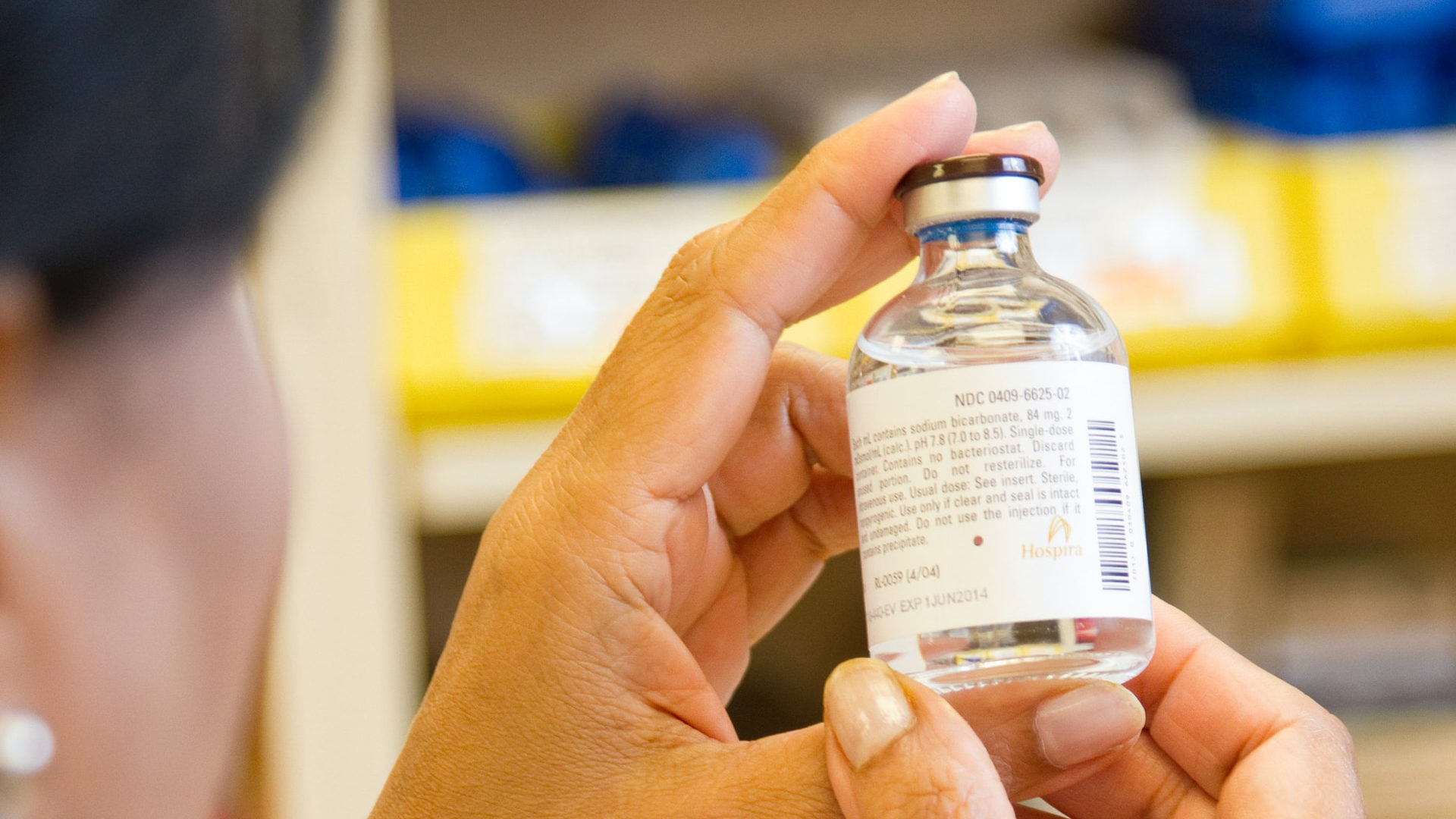Veranstaltungen
CRISPR BoA Hearing – Munich
Januar 2020
Veranstaltungsdatum: 13th Januar 2020
Follow this page for the latest updates from CRISPR BoA Hearing in Munich from Monday 13th January to Friday 17th January. HGF Patent Director Dr Emma Longland from our expert CRISPR team will be reporting all the key moments throughout the week along with daily roundups.
Read Dr Emma Longland’s Q&A in Raconteur Intellectual Property special report in The Times. She discusses EPO ruling on CRISPR and explains why specialists knowledge is crucial to patent applications when the stakes are this high.
CRISPR Patent Revoked by the Boards of Appeal in Europe
On 16th January 2020, the Board of Appeal at the European Patent Office took the significant step of revoking EP2771468 (“the Patent”), which had been granted in the names of The Broad Institute, Inc., Massachusetts Institute of Technology, and President and Fellows of Harvard College (“the Patentees”). The Patent covered guide sequences for use in directing Cas9 enzymes to target sequences, such as might be used in CRISPR-Cas9 gene editing, for example.
The grant of the Patent had been opposed by nine parties (“the Opponents”), and at the end of those opposition proceedings the Patent was revoked. The Board of Appeal have now upheld that decision to revoke the Patent, after four days of hearing arguments.
Revocation
The reason for the revocation is that the Patent claimed priority from the filing of 12 earlier US provisional applications. The 2 earliest of those applications (“P1” and “P2”) named a group of researchers as inventors and, since the applications were filed before the America Invents Act came into effect in the US, those inventors were also the applicants for the provisional applications. Luciano Marraffini was one of those inventor/applicants.
It is accepted law in Europe that a valid priority claim can only be made if the Applicants making the claim own the priority rights of all the applicants of the earlier (priority) application when they file their European application. However, when the international application, which resulted in the Patent in Europe, was filed, Luciano Marraffini was not named as an applicant and the Patentees for the granted Patent could not provide evidence to show that Luciano Marraffini’s priority rights were owned by any of the Applicants on the filing date of the international application.
The priority claim was therefore deemed invalid. This meant that scientific articles, which had been published after P1 and P2 were filed, became relevant and took away the novelty of the invention in the Patent. The Patent was revoked for this lack of novelty.
During the Oral Proceedings, the Patentees presented various arguments as to why the Opposition Division were wrong in coming to their conclusion, and it looked for a while as if they might have been successful in convincing the Board that the law might be wrong or ambiguous in some relevant respect. However, after hearing all the Patentees’ and Opponents’ arguments with respect to the validity of the priority claims, the Board decided that the law is settled on this point with respect to the facts at issue in this case, so that they could make the decision that the Patent should be revoked.
Importance in Europe
This decision is significant beyond the importance of this specific patent, because the Patentees also have other Patents and Applications that share the same fact pattern, i.e. they have claims to priority of P1 and P2 but the Applicants do not appear to have owned Luciano Marraffini’s priority rights on the relevant filing date. The Patentees pursued the strategy of trying to obtain rapid grants of applications in Europe, and many of the corresponding Patents and Applications are now susceptible to the same prior art attacks due to this priority claim that has been deemed invalid. We can expect third parties to rapidly bring this decision to the attention of the Examining and Opposition Divisions in those cases.
The Patentees could try to challenge the decision taken by the Board by filing a Petition for Review to the Enlarged Board. In order to do this, they would need to argue that there was some fundamental defect in the way that the Appeal proceedings were conducted. Whilst the Patentees might be tempted to take this step in such a high profile case, Petitions for Review are only successful in a very small minority of cases, and the onus on the Petitioner(s) in making their case is very high.
It is not a hopeless situation for the Patentees, however, because the Patentees also filed at least one International Application (WO 2014/093595) for which a claim was made to the Priority of P1 and P2 and the Applicants did apparently own all the priority rights when the application was filed, due to the inclusion of Rockefeller University, where Luciano Marraffini worked, as an Applicant. So, patents arising from that application in Europe will apparently not be subject to the same patent invalidity attack that was accepted by the Board of Appeal. The Patentees are pursuing very broad subject-matter from the applications, and corresponding patents, derived from that application in Europe. Therefore, the revocation of EP2771468 might be considered to be merely one battle in the ongoing CRISPR patent war in Europe, and the Patentees have a lot left to play.
T844/18 Oral Proceedings 16th January 2020 – Day 4
T844/18 Oral Proceedings 16th January 2020 – Day 4: BREAKING NEWS
T844/18 Oral Proceedings 15th January 2020 – Day 3
T844/18 Oral Proceedings 15th January 2020 – Day 3: BREAKING NEWS
T844/18 Oral Proceedings 14th January 2020 – Day 2
T844/18 Oral Proceedings 13th January 2020 – Day 1
T844/18 Oral Proceedings 13th – 17th January 2020; Setting the Scene (Day 0)































